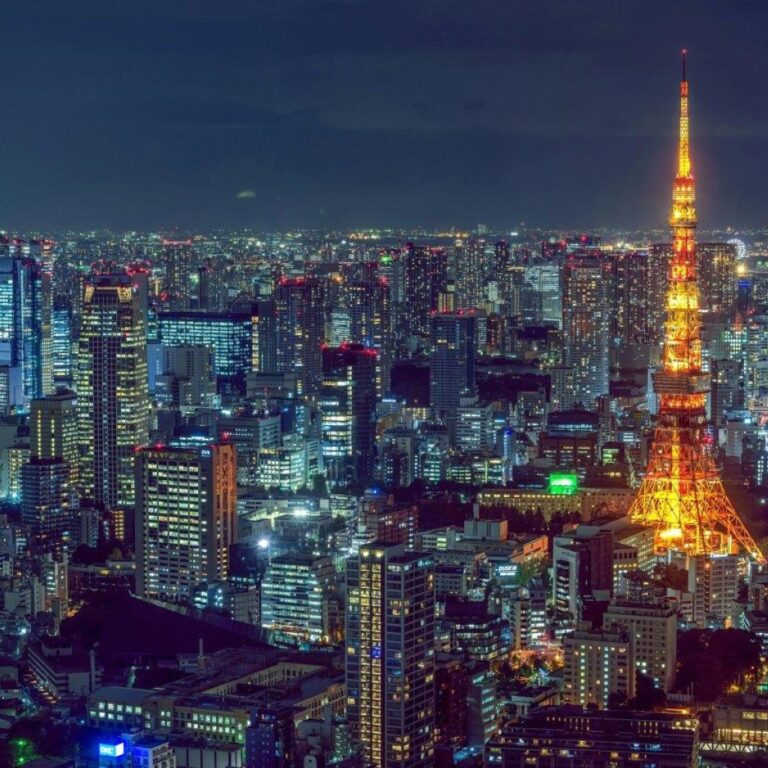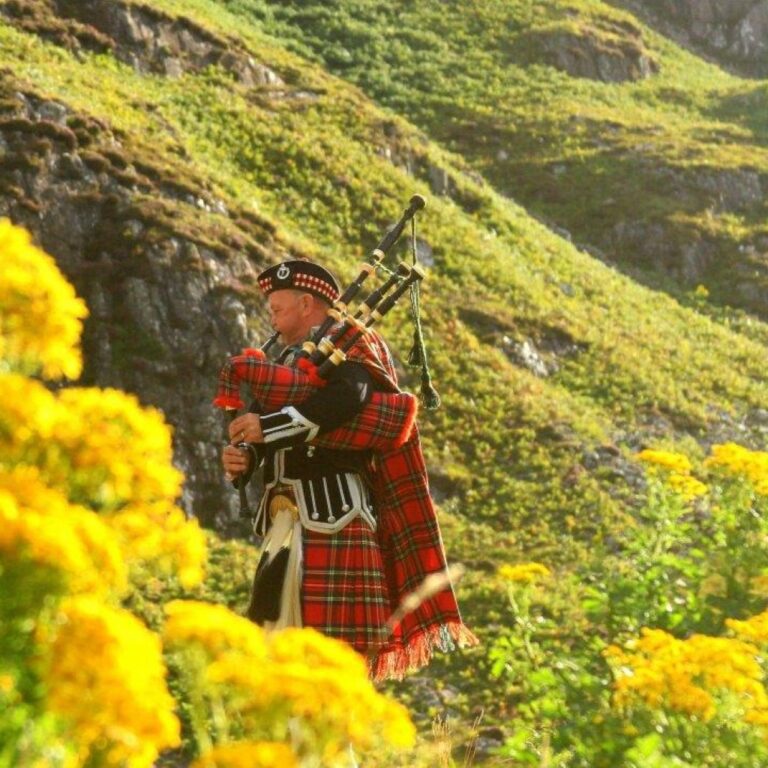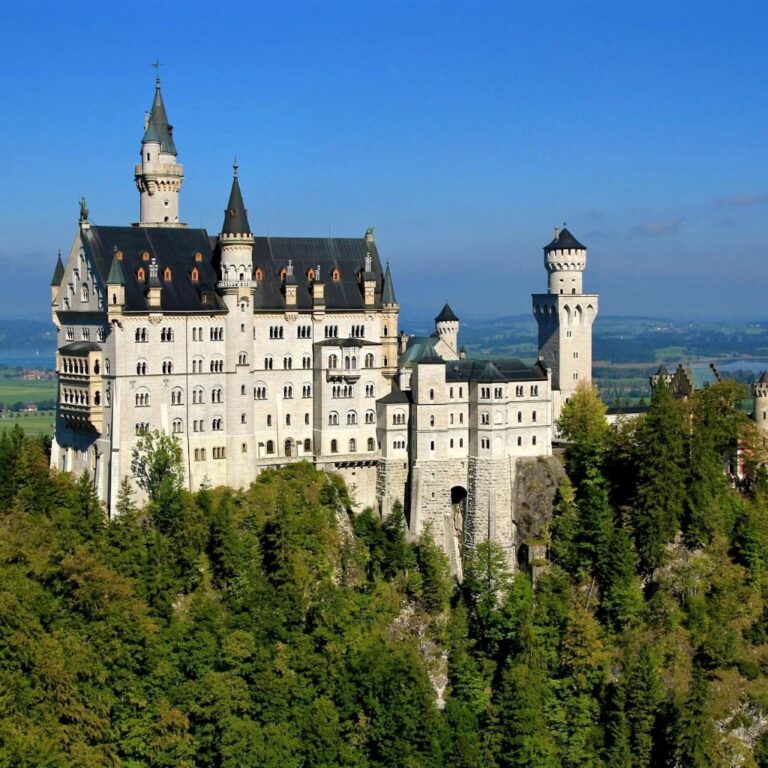Tokyo was originally a small fishing village named Edo, which means 'estuary.'
The city became the capital of Japan in 1868, when Emperor Meiji moved the imperial seat from Kyoto to Edo, renaming it Tokyo, meaning 'Eastern Capital.'
It is the most populous metropolitan area in the world, with over 37 million residents in the Greater Tokyo Area.
The Tokyo Skytree, standing at 634 meters, is the tallest tower in the world and the second tallest structure after the Burj Khalifa.
Shibuya Crossing is one of the busiest pedestrian crossings in the world, with thousands of people crossing at each light change.
The city is known for its punctual and efficient public transportation system, including the extensive Tokyo Metro and Toei Subway systems.
The city is home to the world's busiest train station, Shinjuku Station, which sees over 3.5 million passengers daily.
Tokyo Disneyland, opened in 1983, was the first Disney theme park outside of the United States.
The Tsukiji Fish Market, formerly the largest wholesale fish and seafood market in the world, relocated to Toyosu Market in 2018.
Tokyo Tower, inspired by the Eiffel Tower in Paris, is a communications and observation tower that stands 333 meters tall.
The city hosted the Summer Olympics twice, first in 1964 and then again in 2021.
Harajuku, a district in Shibuya, is famous for its vibrant street fashion and youth culture.
The city is known for its diverse culinary scene, boasting more Michelin-starred restaurants than any other city in the world.
The Imperial Palace, located in the heart of Tokyo, is the primary residence of the Emperor of Japan.
Cherry blossom season, known as 'sakura,' is a major event in Tokyo, attracting millions of visitors to view the blooming cherry trees in parks like Ueno and Shinjuku Gyoen.


